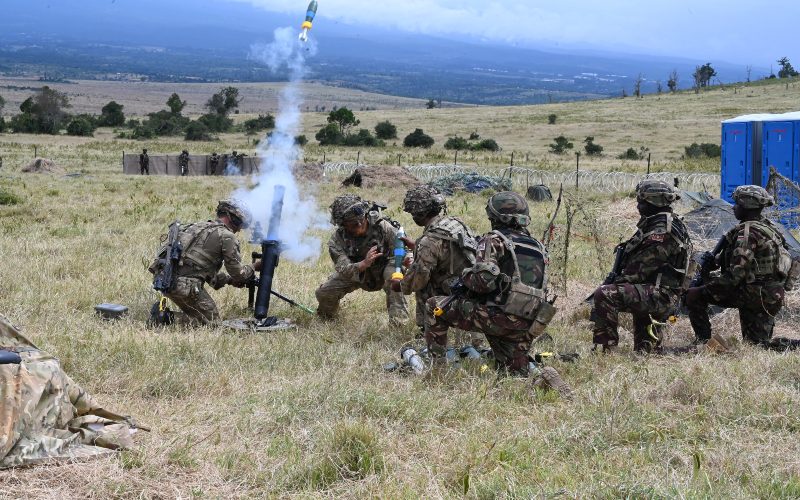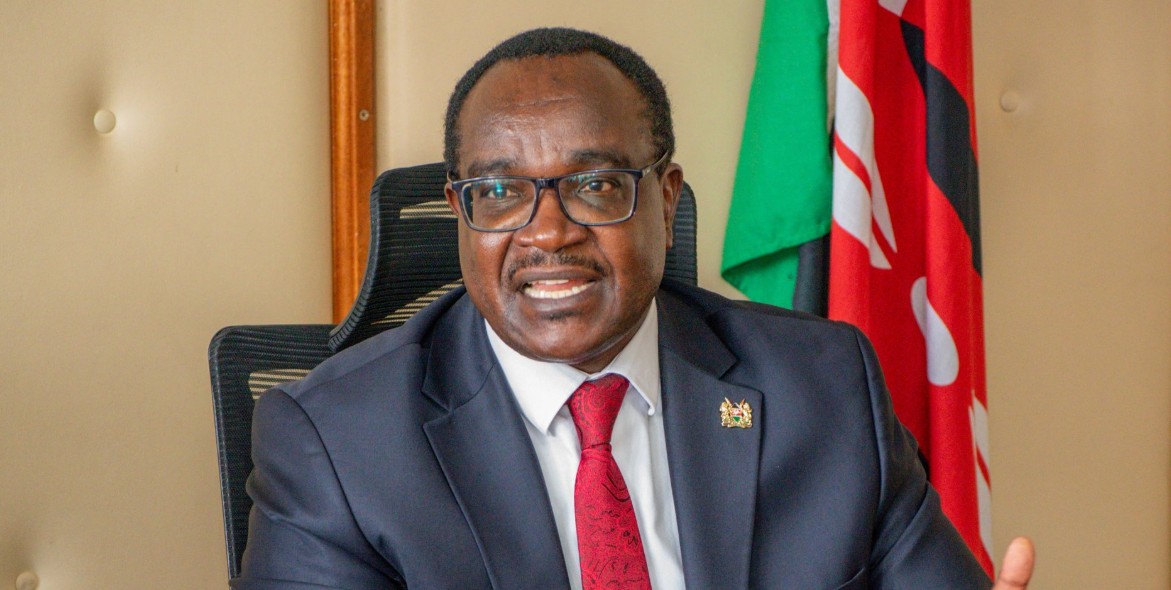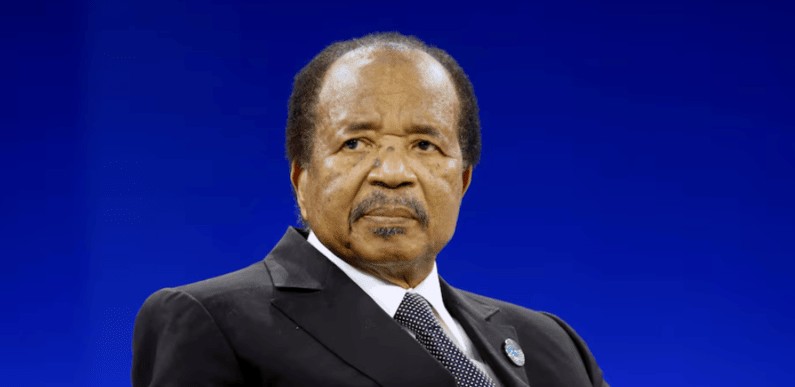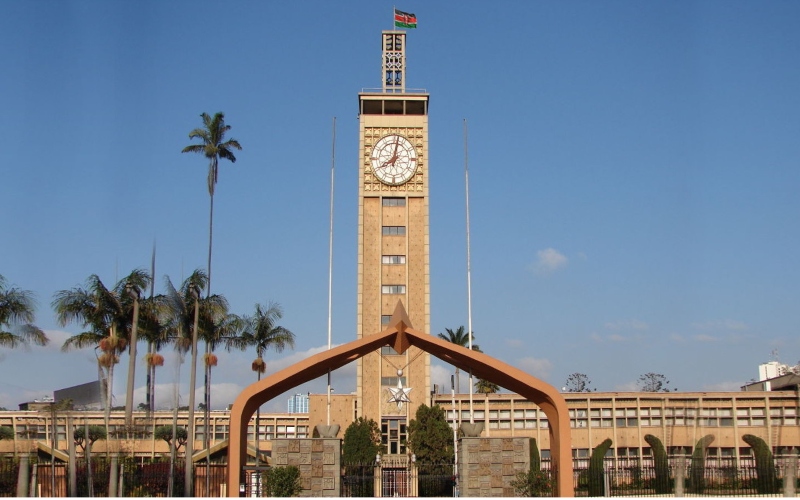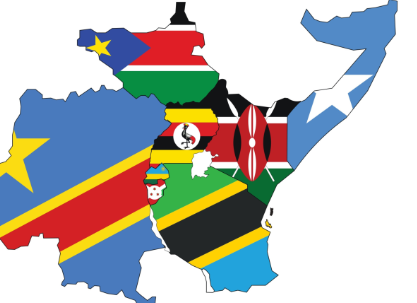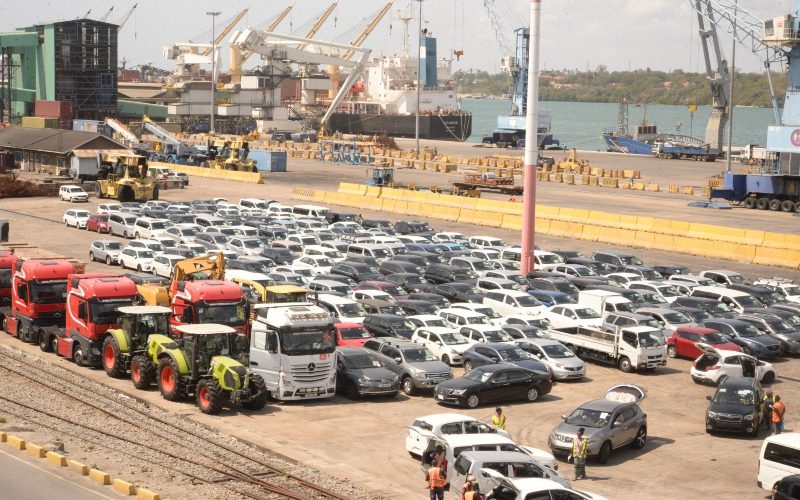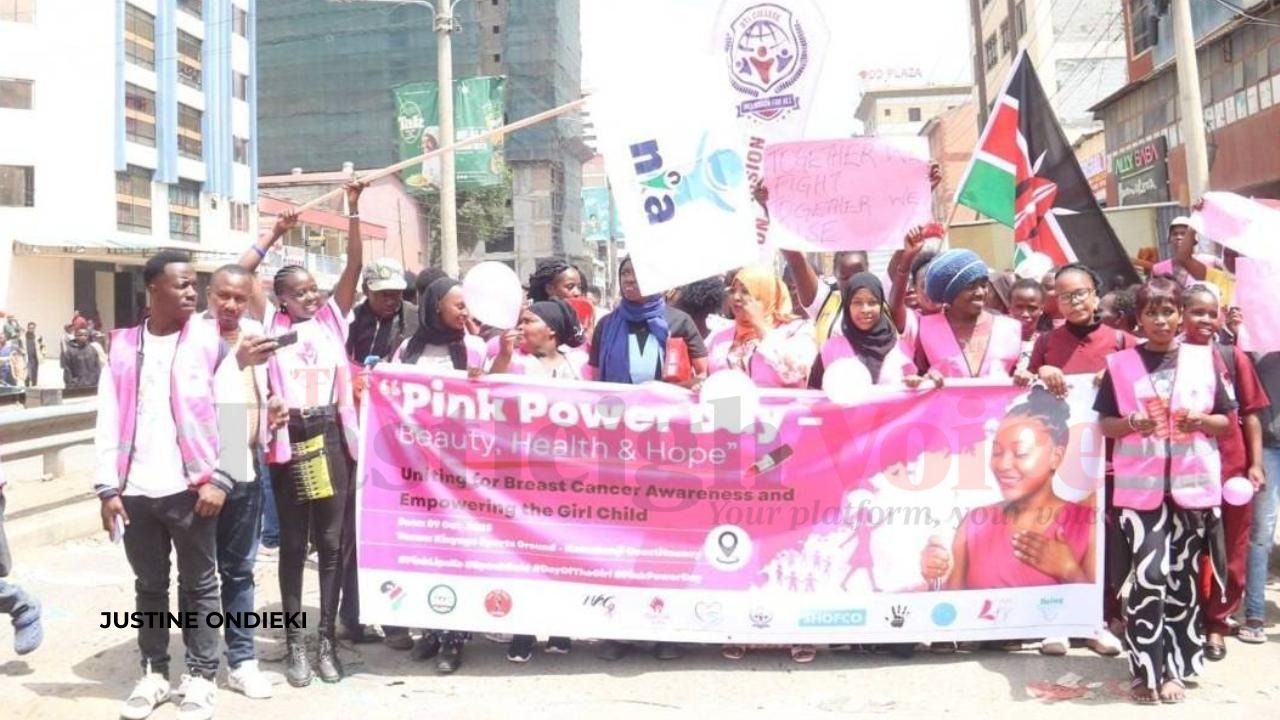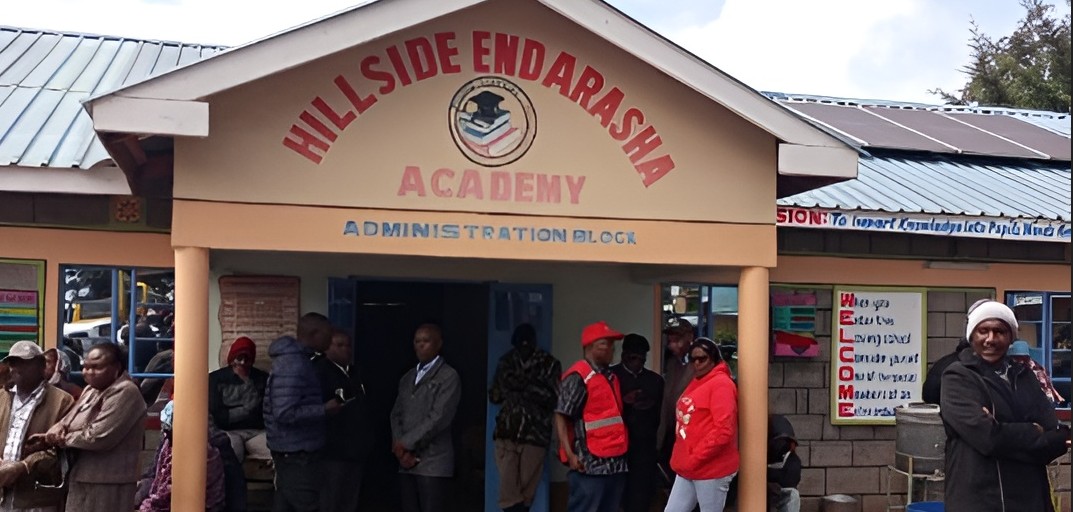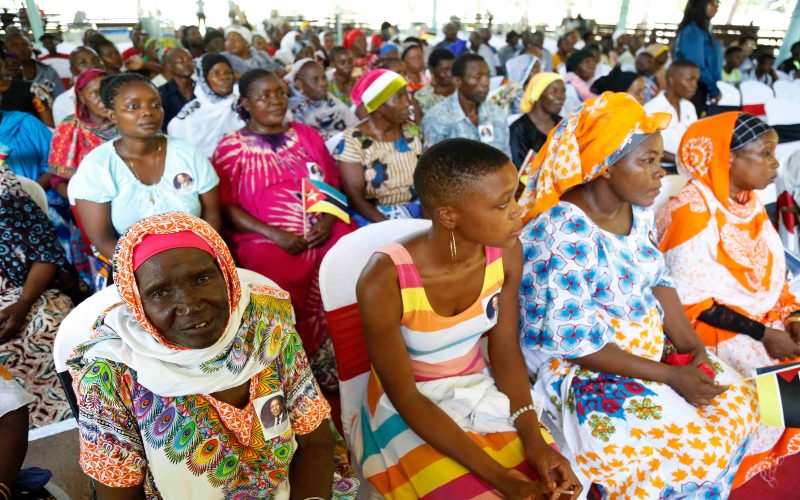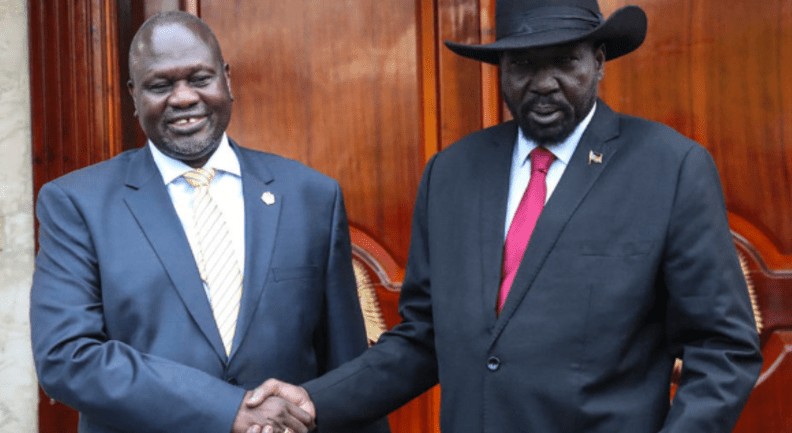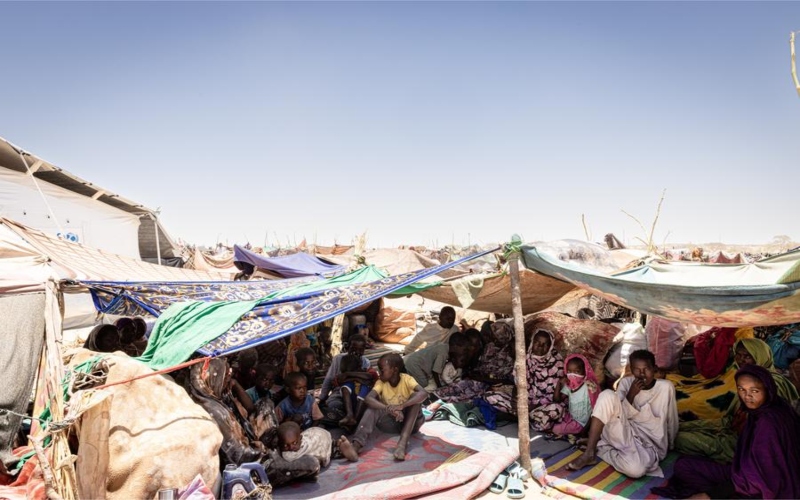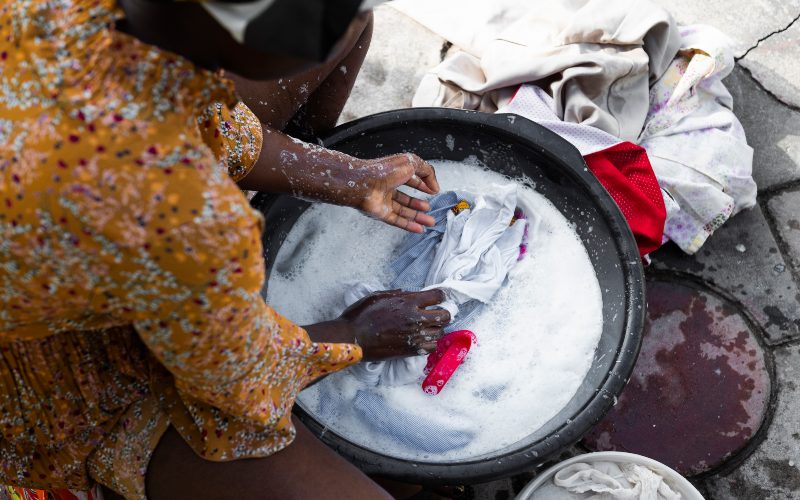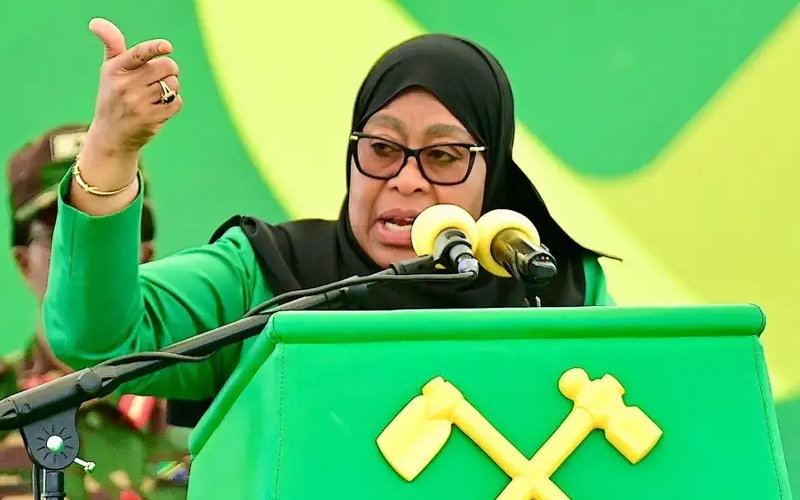Tanzania pushes back as UN raises alarm over repression ahead of elections
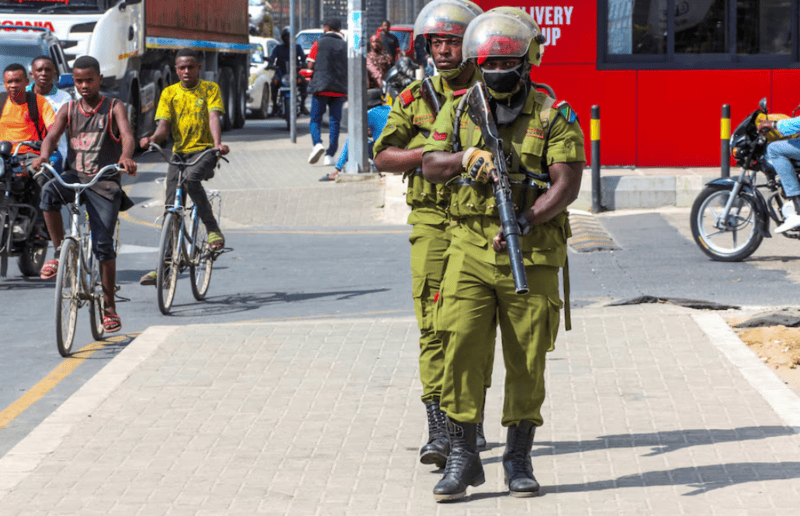
Tanzania's Permanent Representative, Dr Abdallah Possi, rubbished as "erroneous, misleading and misconstrued" a statement by UN-appointed experts.
Tanzania has dismissed mounting international concern over human rights violations, rejecting allegations of abuse even as new reports point to brutal treatment of foreign activists and a worsening climate for dissent ahead of the country's October general election.
Addressing the UN Human Rights Council in Geneva, Tanzania's Permanent Representative, Dr Abdallah Possi, rubbished as "erroneous, misleading and misconstrued" a statement by UN-appointed experts and claims by the East and Horn of Africa Human Rights Defenders Network.
The statement had accused Tanzanian authorities of orchestrating a campaign of repression through enforced disappearances, media censorship and brutal policing.
More To Read
- What Tanzanians hope their next government will deliver
- Tanzania’s pre-election tensions deepen as opposition official arrested
- What you need to know about Tanzania's election
- Amnesty flags arrests, abductions and killings ahead of Tanzania’s 2025 elections
- Chadema official claims authorities blocked him, party members from attending Raila's funeral
- Tanzania’s Samia Suluhu Hassan has ushered in a new era of authoritarianism: Here's how
Dr Possi insisted that Tanzania "remains fully committed to its constitutional and international obligations," adding that the country guarantees freedom of expression and has upheld multiparty democracy since the reintroduction of pluralism.
Yet on the ground, the situation appears far murkier.
Last week, UN experts issued a rare and strongly worded condemnation, citing more than 200 cases of enforced disappearances since 2019.
Particularly disturbing, they said, were the recent abduction and sexual assault of Kenyan photojournalist Boniface Mwangi and Ugandan activist Agather Atuhaire, who had travelled to Arusha to show solidarity with jailed opposition figure Tundu Lissu.
"This appears to be a deliberate effort to suppress dissent and circumvent the rule of law," the UN experts said, calling on Tanzania to halt the intimidation of political opponents, journalists, and human rights defenders.
President Samia Suluhu Hassan, who came to power in 2021 following the sudden death of John Magufuli, now faces her first electoral test.
But the lead-up to the polls bears troubling echoes of her predecessor's authoritarian legacy.
Lissu remains behind bars on treason charges for allegedly inciting unrest. His party, Chadema, has been barred from participating in the election after questioning the transparency of the electoral commission - a move critics say effectively clears the field for the ruling CCM.
Top Stories Today

